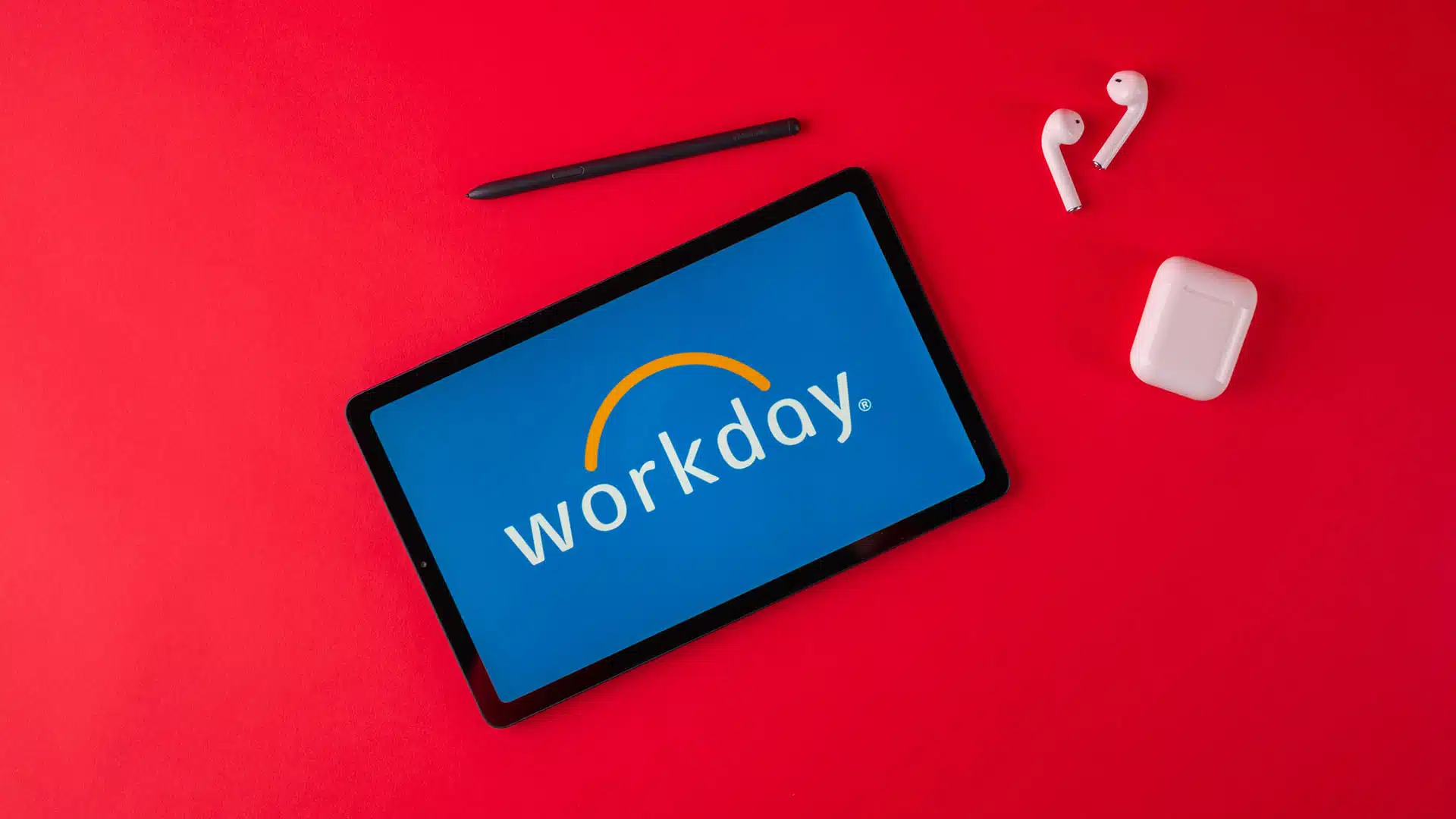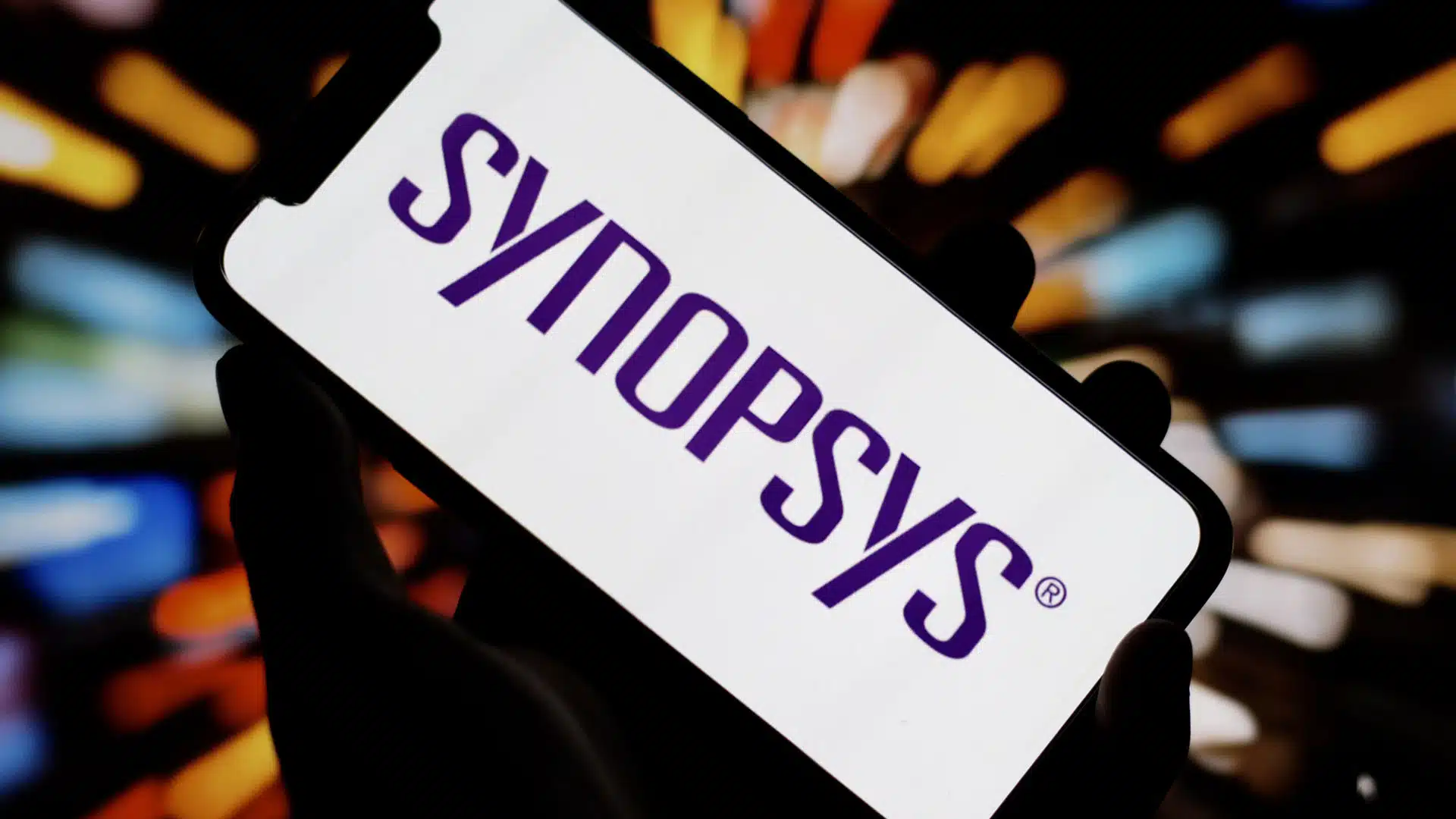NEW YORK–(BUSINESS WIRE)–Leading digital experience platform provider, Optimizely, today announced the results of a new global study, revealing that despite brands’ progress and desire to deliver adaptive digital experiences (DX), they continue to face barriers causing them to fall short of consumers’ rising expectations. Examining precisely where brands and consumers are at today in terms of their digital maturity and expectations for DX, Optimizely surveyed 1,177 business executives across eCommerce, marketing and IT functions in addition to 5,000 consumers based in the U.S., U.K., Germany, Australia and Sweden.
According to the survey, 91% of business executives have taken steps over the past year to improve customer experiences, including 84% doing more experimentation than ever during the pandemic – using this time to test and iterate to see what worked and what didn’t. And while nine in 10 respondents believe their company must be able to adapt – quickly and at scale – to drive value for their customers, just 46% say they are currently adaptive today. Even more, 78% of consumers say brands need to do a better job at adapting to meet the needs of the current moment.
Underscoring this disconnect between brands’ aspirations and intent versus the DX they currently deliver, 70% of business executives admit that they cannot optimize as quickly as they would like and nearly the same amount (72%) reports having difficulty being able to scale efforts that meet global needs. Ultimately, despite good intentions, organizations face a number of challenges in executing their strategies and achieving objectives.
“As the world has become increasingly digital in nature, brands have been required to adapt,” said Alex Atzberger, CEO of Optimizely. “For those that pivoted with a quick fix for a specific need, that may be enough to survive for now. But, for long-term growth and success, businesses must continually evolve – quickly and at scale – meeting broader market and customer expectations. Truly adaptive businesses are those that understand their customers, run experiments and focus on driving outsized outcomes.”
According to the Optimizely survey, some common issues businesses face that prevent further success include:
- Prioritizing the wrong things and not enough on outcomes
- Nearly three-fourths (74%) of global business executive respondents believe that their digital team is often focused too much on the process and not enough on the outcomes. Similarly, 75% said that they spend a good deal of time creating content that is poorly leveraged.
- Lack of customer understanding, due to disconnected data and systems
- 71% of business executives say they cannot easily gather gradual insights into what is driving customer experiences, and 69% say they do not have a full view into the customer journey. Integration with other key digital properties is a challenge cited by 84% of global business executives surveyed.
- Customers evolving too quickly with rising expectations
- About half (49%) of global consumers surveyed say their expectations for brand experiences are not being met. Additionally, 65% of consumers agree that their expectations for experiences with brands are now higher than they used to be.
There is a way forward for brands to overcome these challenges though, of course, with the right investments, approach and priorities. With this in mind, in 2022, business executives say they anticipate investing more in technology (92%) and will look to overcome the issue of tools and technology not being used and/or optimized for their potential as a top business challenge (49%). Additionally, in the year ahead, experimentation will be a major priority for 87% of business respondents, while over one-third (34%) said driving outcomes will be a top objective for their company.
There is also an opportunity for brands to listen to what consumers are expecting from DX. Looking ahead to 2022, the following will be top of mind for consumers:
- Data privacy: 85% of consumers say they will prioritize DX that are privacy centric and respect their personal data with transparency
- Relevance & personalization: 81% will prioritize DX that are relevant and helpful, understanding what consumers want and need
- Omnichannel consistency: Nearly three-fourths (74%) will prioritize DX that are consistent across channels
- Brand values: 71% say they will prioritize DX that support the greater good and/or are aligned with their personal interests
To view additional survey findings and learn more about how brands can deliver excellent DX amid heightened, evolving customer expectations, download our report, “Becoming an Adaptive, Outcomes-focused Business.”
About the Survey
Optimizely commissioned Regina Corso Consulting to conduct a survey of over 5,000 consumers and 1,177 business executives across eCommerce, marketing and IT functions based in the U.S., U.K., Germany, Australia and Sweden. This survey, which was conducted online between August 20 and 29, 2021, explored how businesses and consumers perceive digital experience today, where priorities and challenges lie, as well as the key steps to getting on the path to becoming adaptive, driving outcomes and meeting customer expectations.
About Optimizely
At Optimizely, we’re on a mission to help people unlock their digital potential. With our leading digital experience platform (DXP), we equip teams with the tools and insights they need to create and optimize in new and novel ways. Now, companies can operate with data-driven confidence to create hyper-personalized experiences. Building sophisticated solutions has never been simpler. Optimizely’s 900+ partners and 1100+ employees in offices around the globe are proud to help more than 9,000 brands, including Toyota, Santander, eBay, KLM and Mazda, enrich their customer lifetime value, increase revenue and grow their brands. Learn more at optimizely.com.
Contacts
Media Contacts:
Matt Erickson
Sr. Manager of Global PR & Thought Leadership
+1 952-261-6022
[email protected]
Kally Lavoie
PAN Communications
[email protected]
Author Information
As a detail-oriented researcher, Sherril is expert at discovering, gathering and compiling industry and market data to create clear, actionable market and competitive intelligence. With deep experience in market analysis and segmentation she is a consummate collaborator with strong communication skills adept at supporting and forming relationships with cross-functional teams in all levels of organizations.
Sherril holds a Master of Business Administration in Marketing from University of Colorado, Boulder and a Bachelor of Arts in Psychology from Rutgers University.







